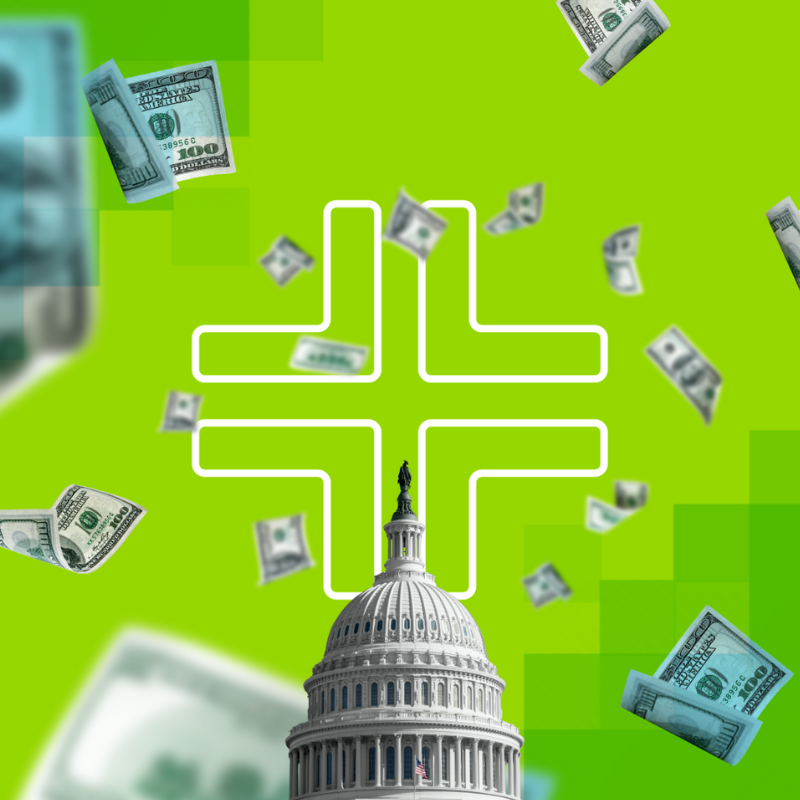The recently signed One Big Beautiful Bill Act (OBBBA) reinstates immediate expensing for U.S.-based Research and Development (R&D) under Section 174 for tax years beginning after December 31, 2024. It’s now more important than ever to pay attention to key state-level changes relating to R&D. Recent legislation in California, Texas, and Minnesota has introduced notable updates to R&D and historic tax credit programs. Staying ahead of these developments is essential for businesses looking to maximize incentives and maintain compliance.
California
California’s new Senate Bill 711 (SB 711) proposes replacing the state’s current Alternative Incremental Research Credit (AIRC) with a new Alternative Simplified Credit (ASC), modeled after the federal version, to simplify compliance and expand access to R&D incentives. The proposed ASC would apply to tax years beginning January 1, 2025, while the repeal of AIRC would retroactively affect returns from 2022 onward.
California’s current R&D tax credit system offers two calculation methods: a 15% regular credit for companies with consistent historical R&D data, and the AIRC for those with lower or inconsistent R&D spending. The Senate Bill proposes adopting the federal ASC method, but with reduced credit percentages as outlined below:
- 3% credit (compared to 14% federal) on current year qualified research expenses (QREs) that exceed 50% of the average QREs from the previous three years.
- 1.3% credit (compared to 6% federal) on current year QREs if the taxpayer had no QREs in any of the prior three years.
The California Senate passed the bill in May 2025; however, as of July 15, 2025, it has been re-referred to the Assembly Appropriations Committee, where it is currently pending. If enacted, the legislation could significantly broaden access to R&D tax credit incentives, particularly benefiting startups and companies without historical data.
Texas
Texas Governor Greg Abbott signed Senate Bill 2206 (SB 2206) into law on June 17, 2025, to completely revamp its R&D tax credit program, including extending the program permanently, which was previously set to expire on December 31, 2026. Some of the most significant changes to the Texas R&D tax credit under the new law include:
- The credit rate has increased from 5% to 8.722% of the base amount, which is defined as 50% of the average QREs from the previous three years. If the taxpayer collaborates with a Texas university, the rate increases to 10.903%. For startups with no base period expenses, a flat rate applies: 4.36%, or 5.45% if working with a university.
- Taxpayers can only apply the R&D tax credit against the Texas franchise tax, and the option to use the credit against sales and use tax has been eliminated. The credit may be used to offset up to 50% of the franchise tax due in a given year, and unused credits can be carried forward for up to 20 years.
- Certain taxpayers that incur QREs for a period in which they are not required to pay franchise tax will be entitled to receive the amount of credit they otherwise would be entitled to as a refundable credit.
The above changes enacted by SB 2206 go into effect starting January 1, 2026.
Minnesota
Minnesota Governor Tim Walz signed House File 9 (HF 9) on June 14, 2025, to modify the state’s R&D Tax Credit, making it partially refundable. The refund rate varies by tax year and is available to all taxpayers. Below are key figures and refundable credit rates under the new Minnesota R&D tax credit law:
- 19.2% for tax years beginning after December 31, 2024, and before January 1, 2026.
- 25% for tax years beginning after December 31, 2025, and before January 1, 2028.
- For tax years beginning after December 31, 2027, the refund rate will be the lesser of 25% or a projected rate. This projected rate is based on the prior year’s claims and is designed to limit total refunds to $25 million annually.
- The Minnesota Comptroller publishes this projected rate by December 27 each year, starting in 2027.
Withum Support for State R&D Tax Credits
Uncovering R&D-qualified research expenses for specific states is a complex and tedious task that should only be performed by qualified R&D tax credit specialists. Withum’s R&D tax credit team has performed R&D tax credit studies (as well as supporting those claims during audits) for all industries and sizes of taxpayers, ranging from startups to large enterprises. Please reach out to schedule a free R&D tax credit assessment or to learn more regarding available federal and state credits.
Author: Naveen Metta | [email protected]
Get the Latest Tax and Legislative Developments
Withum’s National Tax Policy and Legislative Updates Resource Center is your go-to source for timely updates on tax law and legislative changes. Our team is closely monitoring sweeping tax reform changes, shifting tariffs and tax industry updates, delivering in-depth analysis and actionable insights.
Contact Us
For more information on this topic, please contact a member of Withum’s Tax Credits Services Team.





